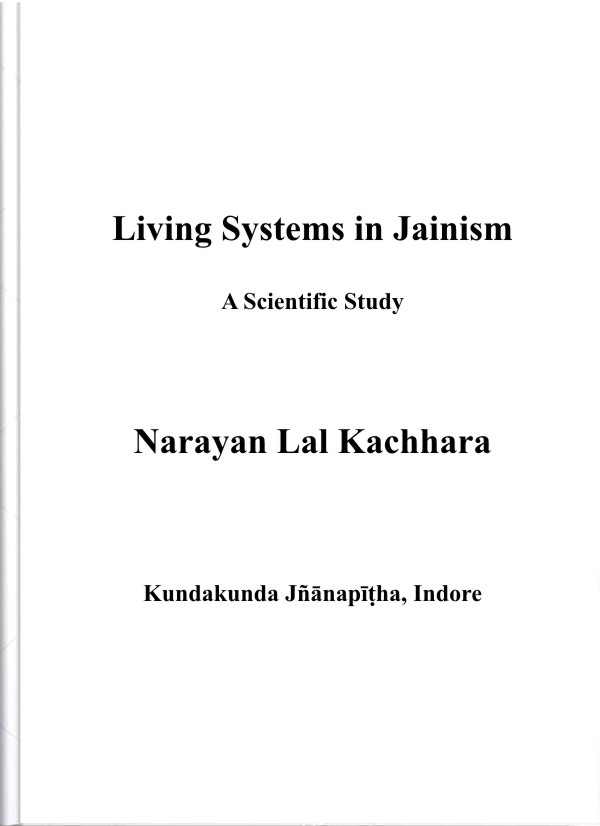Existence of soul has also been accepted in some Western philosophies, but in different ways.
Socrates and Plato:
“Plato, drawing on the words of his teacher Socrates, considered the soul to be the essence of a person, or that which decides how we behave. He considered this essence to be an incorporeal, eternal occupant of our being. As bodies die, the soul is continually reborn in subsequent bodies.”
Aristotle:
”Aristotle defined the soul, or psyche, as the essence or definition of a living being, but argued against its existence separate from the physical body. In Aristotle’s view, the primary activity of a living thing constitutes its soul; for example, the soul of an eye, if it were an independent organism, would be seeing (its purpose or final cause).”
St Thomas Aquinas:
“St Thomas Aquinas understood the soul to be the first principle, or act, of the body. He considered the soul to be non-corporeal, based on two facts: first, that the intellectual soul is capable of knowing all material things; and second, in order to know a material thing there must be no material thing within it. The soul had an operation separate from the body and could therefore subsist without the body.”
Immanuel Kant:
“Immanuel Kant identified the soul as the “I,” in the strictest sense. “We cannot prove a priori the immateriality of the soul, but rather only so much that all properties and actions of the soul cannot be cognized from materiality.” It is from the “I,” or soul, that Kant proposes transcendental rationalization, with the caveat that, if it is to remain practical, such rationalization can only determine the limits of knowledge.”
Judaism:
“As mentioned in Genesis, the soul is believed to be given by God to a person by his/her first breath. Judaism also has a concept of purity of body and soul, which requires the avoidance of “unclean” things.”
Christianity
The Old Testament contains the statements “Then shall the dust return to earth as it was and the spirit shall return into God who gave it” and “And the Lord God formed man [of] the dust of the ground, and breathed into his nostrils the breathe of life; and man became a living soul.”
“Most Christians understand the soul to be an ontological reality distinct from, yet integrally connected with, the body. Its characteristics are described in moral, spiritual, and philosophical terms. When people die, their souls will be judged by God and sent to spend an eternity in heaven or in hell.”
Roman Catholic beliefs:
“The present Catechism of the Catholic Church defines the soul as “the innermost aspect of humans that which is of greatest value in them, that by which they are most especially in God’s image: ‘soul’ signifies the spiritual principle in man.”All souls living and dead will be judged by Jesus Christ when he comes back to earth. The Catholic Church teaches that the existence of each individual soul is dependent wholly upon God: “The doctrine of the faith affirms that the spiritual and immortal soul is created immediately by God.”
Protestant beliefs:
“Protestants generally believe in the soul’s existence, but fall into two major camps about what this means for an afterlife. Some believe in the immortality of the soul and conscious existence after death; others believe in the mortality of the soul and unconscious “sleep” until the resurrection of the dead.”
Seventh-Day Adventists beliefs:
“Seventh-Day Adventists believe that the “soul” is a combination of spirit (breath of life) and body, disagreeing with the view that the soul has a consciousness or sentient existence of its own. They affirm this belief through Genesis 2:7 “And (God) breathed into his nostrils the breath of life; and man became a living soul.”
Origin of Soul:
“A few of the major Christian theories about the origin of the soul are soul creationism, traducianism and pre-existence. According to soul creationism, each individual soul is created directly by God, either at the moment of conception or at some later time. According to traducianism, the soul comes from the parents by natural generation. According to the pre-existence theory, the soul exists before the moment of conception.”
Islam
There is a hadith reported by Abd Allah in Masud, which states that the soul is put into the human embryo 40 days after fertilization. This version of the hadith is supported by other hadiths recorded by Sahih al-Bukhari and Sahih Al-Muslim. According to the Quran, the Ruh (Soul) is a command from Allah (God).
 Dr. N.L. Kachhara
Dr. N.L. Kachhara
